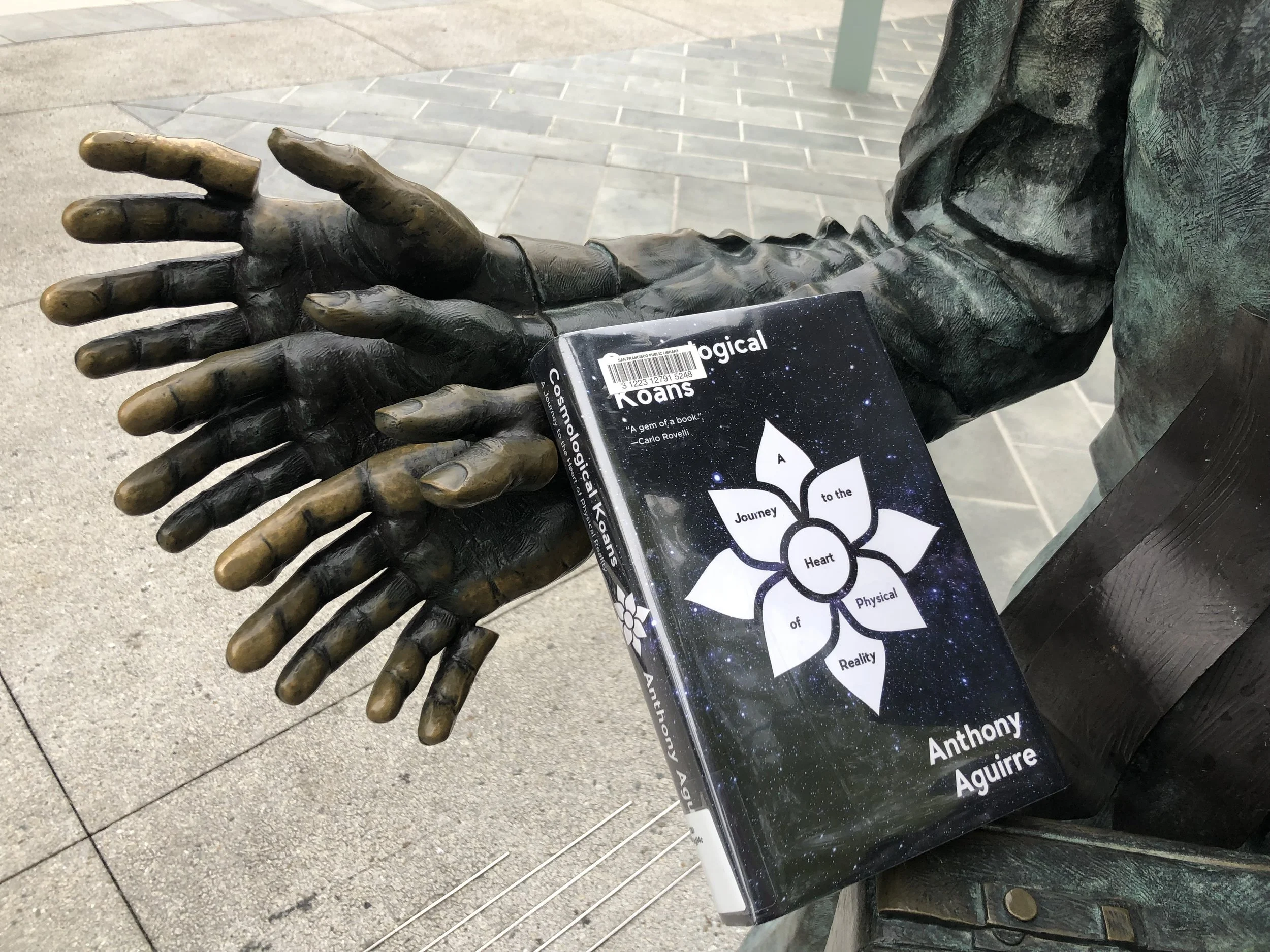As it builds in height, a wave crest becomes steeper and steeper, finally becoming unstable and tumbling over. This instability occurs when the wave height is greater than one-seventh of the wavelength and also when the interior angle of the peak of a wave is less than 120 degrees.
It makes logical sense that water waves would have a particular height-to-length ratio and a specific angle from which they will fall. The trick is in realizing that there is a question that can be asked in the first place, an order underlying the chaos—not just a collection of random water falling all over itself.
A feeling of wonder pervades The Lost Art of Finding Our Way: tales of “sunstones” and “celestial huts”, “portolan charts” and “ecliptics” make it hard to not get wrapped up in the obscure and the exotic. But it is the more mundane aspects of peregrination that can truly astound:
Read MoreOur perceptions function in two roles: First, the sight of familiar landmarks helps us update our location in the internal map. Second, the sight of objects drawing nearer as we approach them and receding into the distance behind us gives us a sense of speed and motion. We usually take all of this for granted.









